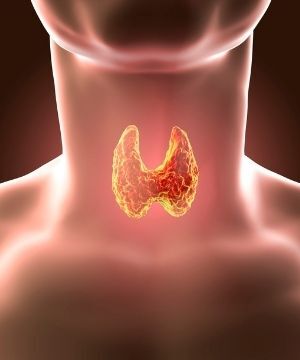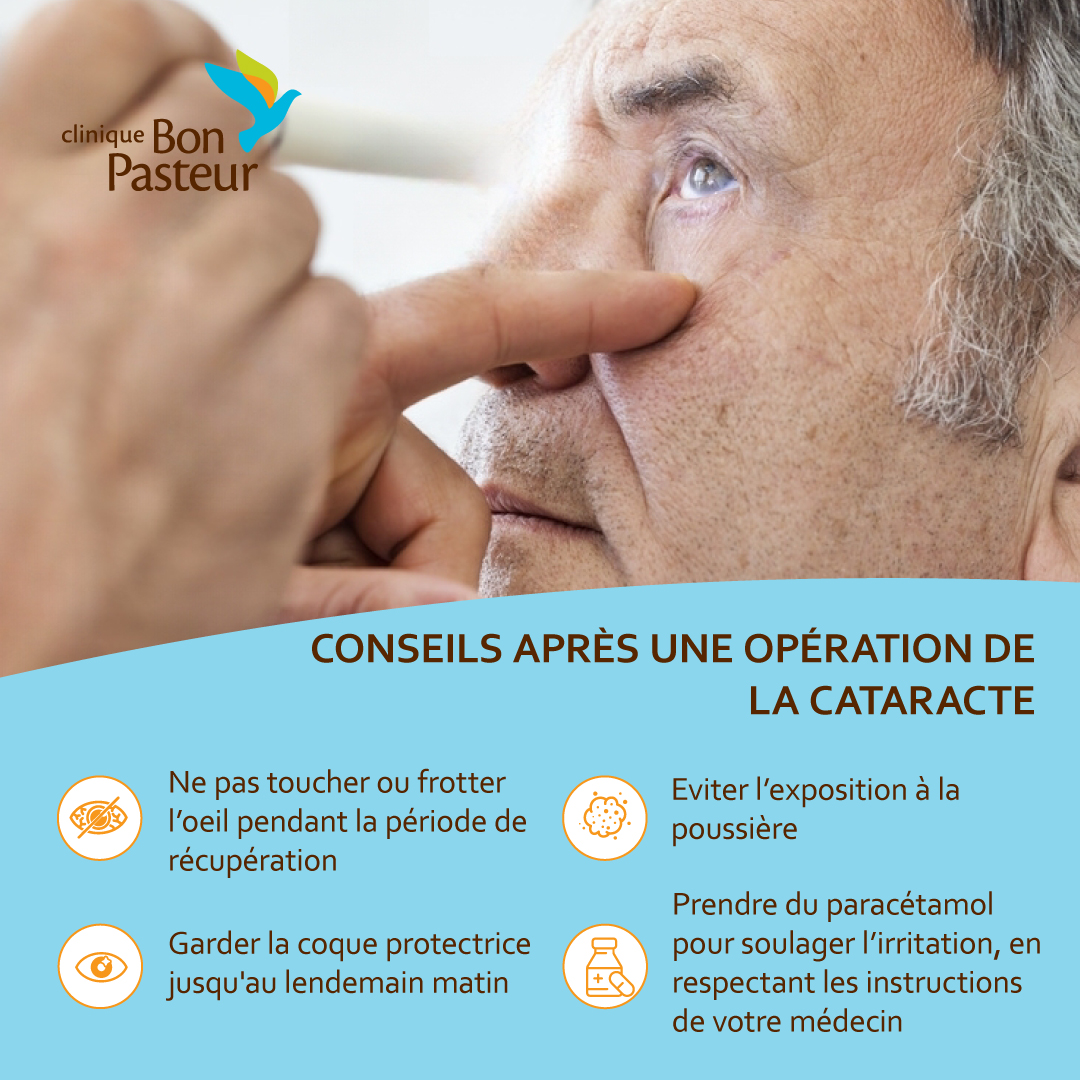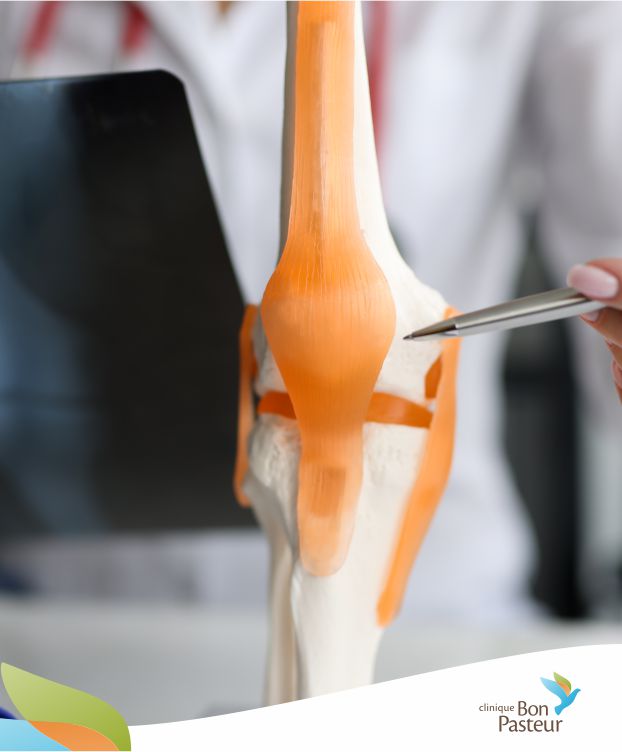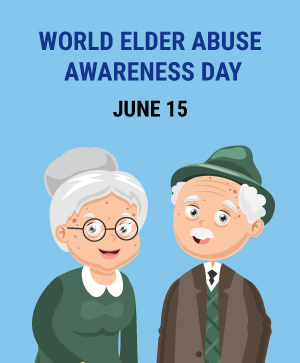Thyroid gland: a great centre for endocrine control
May 25, 2022
Each year on May 25th, the thyroid gland is given special attention. And for good reason! Despite its small size, this gland controls many of our body’s essential functions. And since thyroid disorders are among the most common endocrine problems, endocrinologist and diabetologist Dr Anjuli Gunness tells us more.
What is the thyroid?
The thyroid is a small gland located close to the Adam’s apple in the throat. It produces thyroid hormones that are vital for many of the body’s functions, including the gut, the heart, the brain and even the reproductive organs! We all possess thyroid hormone receptors throughout the body and a single malfunction can affect growth, sleep, mood, hunger and metabolism in many ways.
What are the most common diseases associated with this disorder?
The most common disorders are hyperthyroidism, which is the overproduction of thyroid hormones, and hypothyroidism, which is a decrease in their production. The possibility of developing thyroid nodules, which are usually benign, is also noted. However, they need to be monitored as they can lead to compressions and even cancer. Thyroid cancer, although rare, may develop.
Which symptoms are associated with a thyroid disorder?
The most common symptom of hypothyroidism is a general metabolic slowdown. People affected suffer from low energy, fatigue, bradycardia, constipation and often complain of feeling cold, having difficulty making decisions or carrying out certain tasks. In women, irregular bleeding and even a decrease in fertility may occur. Weight gain, hair loss and fragile fingernails are also symptoms of hypothyroidism. Hyperthyroidism is the opposite! Those affected complain of diarrhoea, irritability, anxiety, fatigue, sleep disorders, itchy skin, loss of weight and menstrual changes in women.
What are these disorders caused by?
They are most often caused by an autoimmune disease: in the case of hypothyroidism, the body produces antibodies that reduce the thyroid gland’s ability to produce these hormones. Conversely, autoimmune hyperthyroidism will result in an excessive amount of thyroid hormone production. Other common causes include inflammation of the gland following a viral infection, resulting in temporary and, in rare cases, permanent disturbances. Surgery following the formation of a hyperactive nodular goitre – a cause of hyperthyroidism – or radiation to treat hyperthyroidism or a form of cancer of the gland can, on the other hand, cause damage to its function and result in hypothyroidism. Lastly, a deficiency of iodine can also cause hypothyroidism.
How are these disorders diagnosed?
Thyroid problems are easy to detect. The Clinic’s laboratory performs two blood tests: the T3 T4 TSH test measures thyroid hormone levels, while the ATPO ATG test analyses antibodies in the blood. An ultrasound scan of the thyroid can also be performed to see if there are any nodules. For more advanced tests, radioactive iodine tests can identify gland activity.
Can thyroid dysfunction be prevented?
Yes and no. Some people have hereditary thyroid disorders. Others may have antibodies but no disorder. Some may need to have part of the gland removed. These people, who do not have any symptoms yet, need further follow-up. CT-scans or certain medications can also affect thyroid function and should be monitored. For people with hypothyroidism, a rich iodine diet can be implemented to improve thyroid function. However, neither diet nor stress in itself can be factors of thyroid dysfunction.
If you think you may have a thyroid disorder, please call Dr. Gunness at 401 95 00 to make an appointment.

Related Article



















